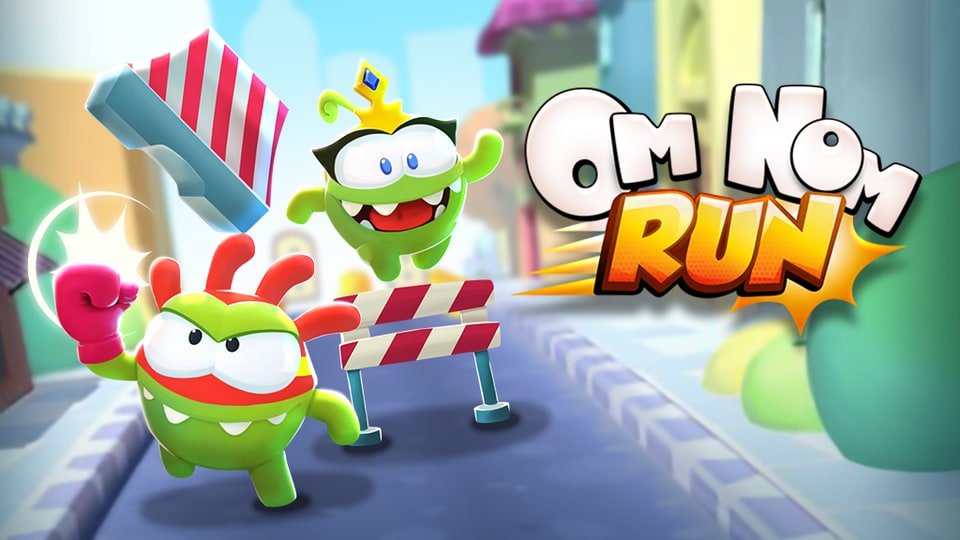PUBG set to be banned in Afghanistan; Taliban claims that the game promotes violence
The Taliban government claims that PUBG is leading the youth of Afghanistan 'astray'. The Ministry of Communication and Information Technology of Afghanistan announced a ban on the battle royale. Here is all you need to know.

Afghanistan becomes the fourth country in the world to announce a ban on PUBG after China, Pakistan and India. The Afghanistan government, which is now led by the militant group Taliban, has clearly stated the ban is due to the app leading the youth of the country “astray”. Along with it, came the announcement of the ban of another Chinese app: TikTok, which will be banned on 17th September. Here’s more insight into the details of this development, the background, and more.
PUBG ban: Context from around the world
PlayerUnknown's Battlegrounds, popularly known as PUBG, is a popular battle royale from South Korean developer Krafton. Published by Chinese company Tencent, the game has been surrounded with quite the controversy in recent times. In China, the government banned PUBG as part of its ongoing crackdown on gaming and other forms of entertainment. Games need to be approved by the regulatory agency of the Chinese government, which again is based on certain parameters. The Pakistan government banned the game claiming that the game caused addiction and was thus harmful to the mental health of the youth.
In India on the other hand, PUBG and later BGMI was banned as a part of a major drive to remove access to apps with a Chinese connection. In Afghanistan however, the situation remains to be just as ironic as in most of the other countries which announced the ban. Let’s dive into the details now.
Details of the PUBG ban announcement in Afghanistan
As per reports, the decision was announced at a meeting held on 17th September, chaired by the Minister of Communication and Information Technology of the government of Afghanistan. A deadline of three months has been set for the PUBG ban at the meeting which was also resided over by other relevant government ministries. As for TikTok, it’s a deadline of one month. Reportedly, the meeting concluded with the decision of the ban, after elaborate research and presentations in its favour, on part of various ministries, agencies, and telecommunications companies. The meeting also saw representation from the Security sector and Sharia Law Enforcement’s representative.
As for what led to the ban, reports suggest that the government believes PUBG is leading the Afghan youths astray. As reported by the BBC, Taliban spokesman Inamullah Samangani said that the latest ban was necessary to "prevent the younger generation from being misled".
Coming to the implementation, in the case of PUBG, the telecommunication sector of Afghanistan, and internet service providers have about 90 days to remove the app. However, it hasn’t been specified as to how long the ban will be effective. On that note, VPNs (Virtual Private Networks) are popularly used to bypass all kinds of blocks from service providers. It isn’t clear as to how the government plans to deal with such bypasses either.
Facts to be considered in retrospect regarding PUBG ban
The ban being announced by the Taliban government seems rather ironic when considering the following facts. The Taliban is a government that has been repeatedly criticized for conducting extremist Islamic governance, rooted in violence. On the other hand, the decision was announced the very day the Islamic State conducted attacks in four different locations in Afghanistan, killing at least 31, and wounding 87 others.
Clearly, they don't think these instances are conducive to the progress and flourishment of the youth of the country. When it comes to protecting the future of the youth, clearly there's a lot more to do, than the banning of two apps.
On that note, the Taliban is also conducting a crackdown on various forms of entertainment, which drove the youth of the country to these apps in the first place. The ban of gaming apps like PUBG, comes as a further blow to not just the citizens of Afghanistan, but also its gaming community, especially when there is no scientifically proven report that such games and apps actually lead ‘youth astray’.




